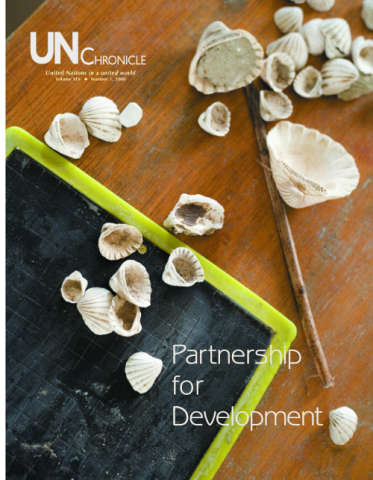
In this issue, we focus on MDG 8 as the foundational goal, creating the conditions for achieving MDGs 1 to 7. While developing countries are called upon to improve governance to ensure that development initiatives reach those groups that would benefit most, the donor nations in the developed world are asked to make broad policy commitments to enable access to resources for development.
